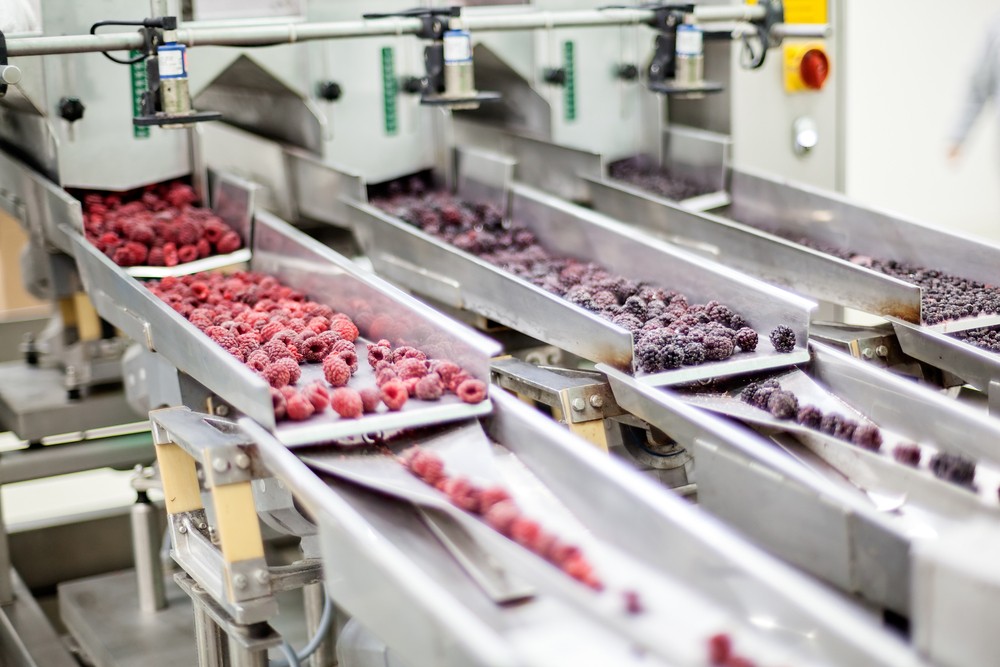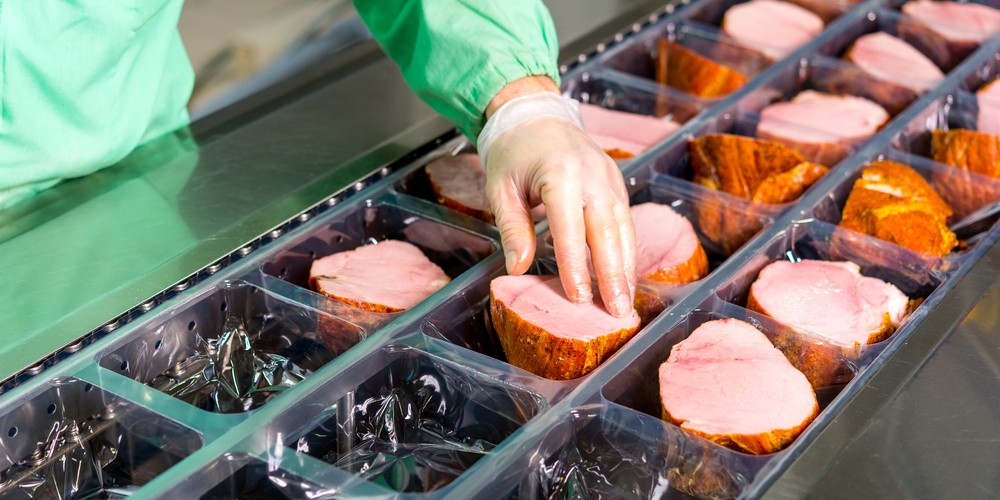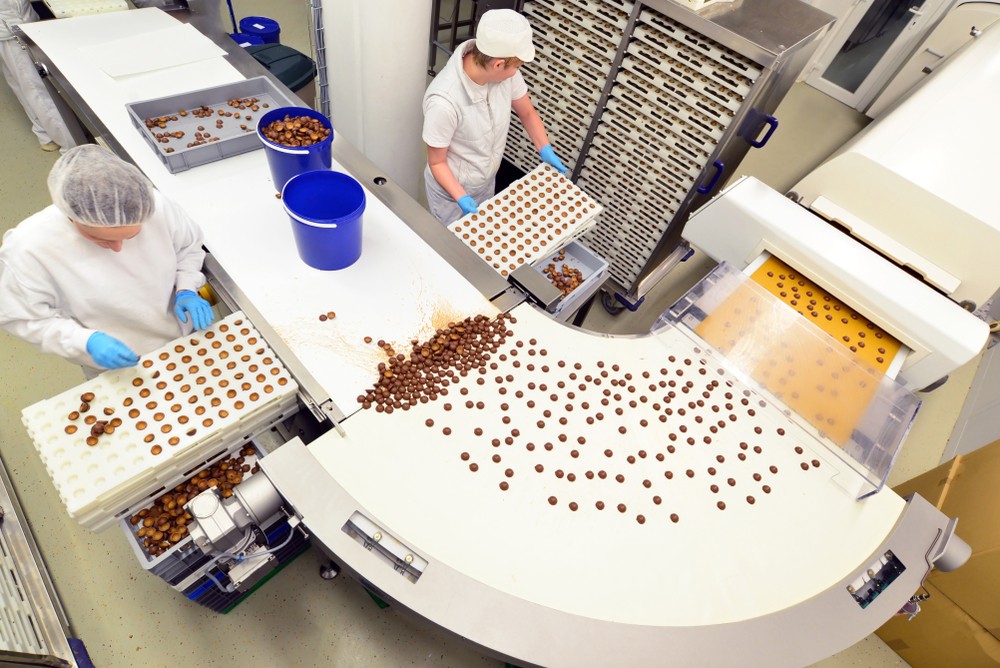Why Are Food Manufacturing Safety Claims on the Rise?

Each manufacturing sector comes with its own nuanced approach to production. Each sector also carries its own risks, and some producers face more risk-related challenges than others. Case in point: food manufacturers.
Food manufacturing has long been one of the higher-risk production sectors due to the potential for workplace injury and the nature of materials handled. From slips, trips, and falls to the threat of zoonotic disease, food processors are aware of the risks, but many are ill-equipped for the rising tide of safety claims they’re likely to face in the coming years.

Survey expects rising safety claims
A survey by national law firm Lathrop GPM found that of the 100 U.S. agribusiness executives working in litigation and risk management asked, around two-thirds predicted that food safety claims would rise in the next year. According to 67% of those surveyed, recent changes in food production and technology are among the highest concerns of safety risks for employees. Around 59% cited the threat of foodborne illness as another major concern.
What’s driving higher safety claims in the food production sector? A strong focus on health and safety practices following COVID-19 has a lot to do with it. According to those surveyed, 60% claimed that food safety-related claims rose during the COVID-19 pandemic. The pandemic also brought worker safety to the forefront. When asked if the pandemic affected their approach to workplace safety, 35% agreed and 43% strongly agreed.
The food industry has always dealt with risk
The food production sector is under heavy scrutiny. It’s time for manufacturers to double down on worker safety — to mitigate the rising number of safety claims.
Risk is nothing new to the food manufacturing industry. The biggest risks the food production industry experiences include a variety of equipment safety issues and environmental factors. There are also a multitude of foodborne illnesses workers could be exposed to during the food production process, including salmonella, Norovirus, Rotavirus, and many more.

Staffing risk management professionals is vital
For food manufacturing companies, insurance is the primary approach to safeguarding against liability. Carrying liability — and strong workers’ compensation — insurance are reactive standards. They do little to protect workers and mitigate actual risk. A more proactive approach is hiring risk mitigation and management professionals to identify and remedy existing safety issues.
From the Lathrop GPM survey, only 43% of respondents said they had internal risk management teams available to assess mitigation opportunities. The reason for this lack? Some companies simply don’t have the resources to staff risk management professionals, but it’s important for these companies to explore other risk management options.
Good outside council from risk management professionals may help manufacturers identify and mitigate safety risks — or prepare for future situations. Risk management consultants can also offer guidance on contamination risks, proper environmental practices, and worker safety policy.
Risk mitigation is a top priority
While hiring risk management professionals might seem like an intimidating investment, workplace injuries and illnesses are becoming costlier for companies — and more heavily scrutinized by regulatory agencies. Being proactive isn’t just a way to avoid paying workers’ compensation; it’s the best means for avoiding downtime and the significant costs that come with sick or injured employees.